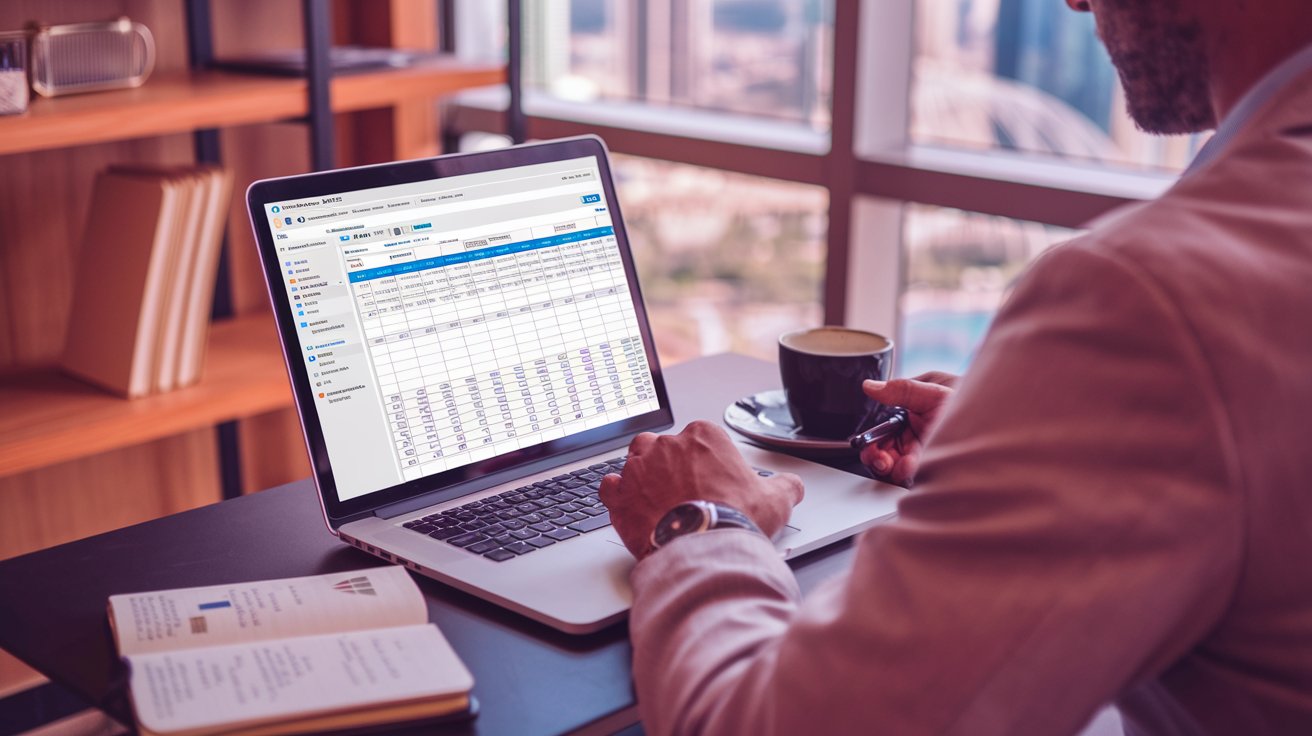No products in the cart.

Introduction
In the fast-paced world of entrepreneurship, having the right support can make all the difference. Enter the Khalifa Fund for Enterprise Development, a beacon of hope for aspiring business owners in the UAE. One of its critical offerings is the feasibility study—an essential tool that evaluates the viability of business ideas before they hit the ground running. But what exactly does this entail, and why is it so important? Let’s dive deeper!
What is a Feasibility Study?
A feasibility study is a comprehensive analysis that assesses the practicality and potential success of a proposed project. Its primary purpose? To determine whether a project is worth pursuing, based on a thorough examination of various factors.
Key Components of a Feasibility Study
- Market Analysis: Understanding the target market and demand.
- Technical Feasibility: Evaluating the resources needed.
- Financial Assessment: Analyzing costs and potential revenue.
- Risk Analysis: Identifying possible challenges and pitfalls.
Khalifa Fund Overview
Established to empower entrepreneurs, the Khalifa Fund is dedicated to fostering a sustainable business environment in the UAE. Its mission is clear: to promote entrepreneurship and innovation by providing financial support, training, and advisory services.
Key Initiatives and Support Services
From grants to low-interest loans, the Khalifa Fund offers various financial solutions tailored to meet the unique needs of different businesses. Additionally, they provide workshops and mentorship programs, ensuring entrepreneurs have the tools they need to succeed.
Objectives of the Khalifa Fund’s Feasibility Study
The Khalifa Fund’s feasibility study aims primarily to support entrepreneurs in making informed decisions. By assessing project viability, the study helps minimize risks and maximize the chances of success.
Methodology of the Feasibility Study
The methodology employed in conducting these studies is crucial for gathering accurate data and insights. It generally consists of both qualitative and quantitative research methods.
Qualitative Analysis
Qualitative data provides context and depth. It often involves interviews and focus groups with industry experts, potential customers, and stakeholders. This firsthand information can reveal insights that numbers alone can’t capture.
Quantitative Analysis
On the flip side, quantitative analysis utilizes statistical methods to evaluate numerical data. Surveys and financial projections help create a clearer picture of the project’s potential success and market demand.
Key Components of the Study
The feasibility study includes several vital components:
- Market Analysis: Understanding who your customers are and what they need.
- Technical Feasibility: Assessing if the necessary technology and resources are available.
- Financial Assessment: Calculating startup costs, revenue projections, and profitability.
- Risk Analysis: Identifying potential obstacles and developing strategies to overcome them.
Steps in Conducting a Feasibility Study
Conducting a feasibility study typically involves several steps:
- Initial Project Evaluation: A preliminary look at the project idea.
- Detailed Research Phase: In-depth analysis of market conditions, financials, and risks.
- Report Preparation: Summarizing findings and providing actionable recommendations.
Benefits of the Feasibility Study for Entrepreneurs
The insights gained from a feasibility study are invaluable. Entrepreneurs can make informed decisions, understand the landscape of their industry, and identify potential challenges before they arise. It’s like having a roadmap before embarking on a journey!
Case Studies and Success Stories
The Khalifa Fund has numerous success stories that illustrate the impact of feasibility studies. For example, several businesses in sectors like technology and hospitality have thrived after utilizing these studies to refine their strategies and business models. These examples serve as inspiration, showcasing the potential for success when thorough planning is in place.
Challenges in Conducting Feasibility Studies
Of course, the path isn’t always smooth. Common challenges include data accessibility, financial constraints, and time limitations. However, by employing robust research methods and engaging with experts, many of these obstacles can be overcome.
Future of Khalifa Fund’s Feasibility Studies
As the entrepreneurial landscape evolves, so too does the Khalifa Fund’s approach to feasibility studies. Innovations in technology and research methods are continuously being integrated, ensuring that entrepreneurs receive the most accurate and helpful assessments.
Conclusion
In conclusion, the Khalifa Fund’s feasibility study is an essential resource for anyone looking to start a business in the UAE. By evaluating the viability of projects and providing invaluable insights, it empowers entrepreneurs to make informed decisions and navigate the often tumultuous waters of starting a business. So, if you’re considering launching a venture, don’t hesitate to tap into this fantastic resource!
FAQs
What types of projects can benefit from a feasibility study?
Any business project, whether a startup or an expansion, can benefit from a feasibility study. It’s particularly useful for those in industries like technology, retail, and manufacturing.
How long does the feasibility study process take?
The duration can vary depending on the project complexity, but typically it ranges from a few weeks to several months.
Is there a cost associated with the feasibility study?
While some services may charge a fee, the Khalifa Fund often provides these studies at little to no cost for eligible entrepreneurs.
Can I request a feasibility study for my own project?
Absolutely! Entrepreneurs can approach the Khalifa Fund to discuss their ideas and request a feasibility study.
What are the next steps after a feasibility study is completed?
Once the study is completed, entrepreneurs can use the findings to refine their business plans, seek funding, and move forward with confidence.
Previous Post
Online Research Panel Companies in Dubai
 Demos
Demos  Docs
Docs  Support
Support 




